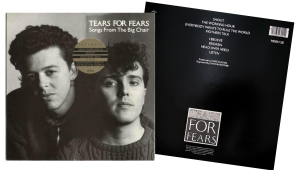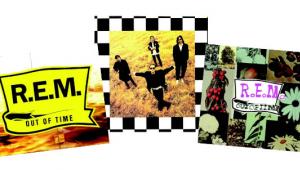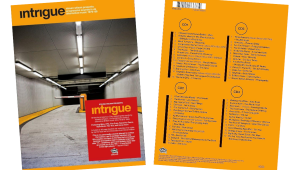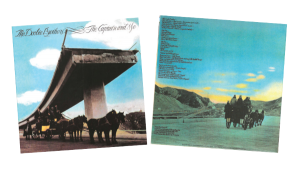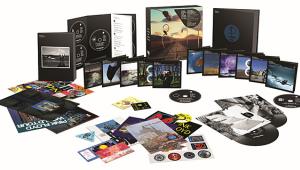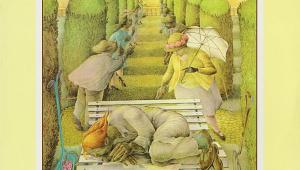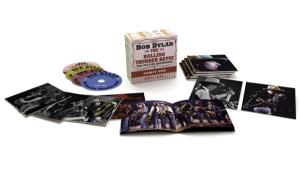Slacker Radio: Giving Streaming Music a Human Face

Love radio? Tired of Internet radio's algorithmic bent, and long for the days when a flesh and blood DJ put a lifetime of obsession into picking that next track? Slacker Radio just might be what you're looking for.
Slacker may not be bringing back classic free-form radio - and really, if you want a modern day equivalent you'll still need to turn to the real thing, say LA's KCRW or New Jersey's WFMU, whether you listen over the air or in a browser - but they are aiming to capture something of the glory days of the pre-Web, pre-MTV era. And recent deals with AOL (Slacker's taken over as the back end for the once-and-future portal's radio service) and Sonos mean the company aims to stick around for a while.
The Slacker format, which splits the difference between on-demand models like Spotify, Rdio, and MOG and "radio" emulators like Pandora really aims, according to company VP Jonathan Sasse, to emulate the synergy between radio and record stores in the heyday of both, and in the process address some of the downsides of traditional broadcast radio with a healthy dose of listener input.
For all of its strengths, broadcast radio is necessarily broad and shallow, with the exception of specialty "deep cuts" programming. And it's a one-way street, outside of request lines. Slacker tries to address that with a few tweaks. Listeners can tweak stations to their hearts content, adding and blocking artists; in essence making personal, customized copies of the service's programmed stations.
The real secret of those stations, of course, is the presence of actual human beings in the decision-making process. Slacker employs some 75 music directors, many of them, says Sasse, former DJs disenfranchised by the advent of robotic, centrally programmed big-market radio; others remain in the broadcast field.
So are they on to something? I took Slacker for a spin, checking out some familiar genre stations. And in most cases, I was pretty impressed. It's a far cry from the algorithmic experience of Pandora, or from randomization routines like Apple's Shuffle. In genres I know well - we'll take Classic Punk and Prog for example - I was consistently surprised by track after track. Slacker channels aren't simply trotting out the old warhorses, and I haven't yet heard this kind of consistency from an algorithm, so I think I'll take them at their word.
This feels like radio to me.
- Log in or register to post comments


